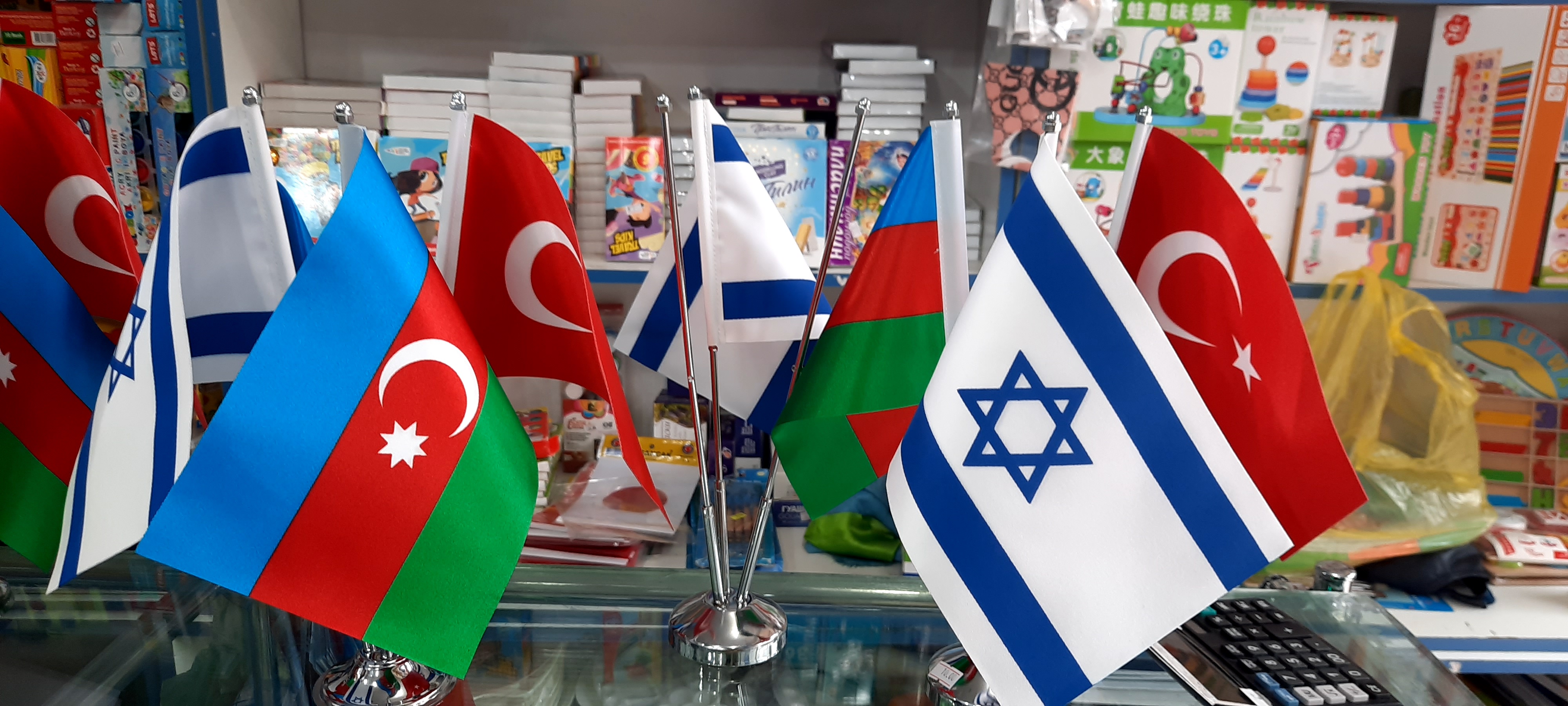As the host of the meeting, Azerbaijan expressed its hope that the process would pave the way for normalization between Turkey and Israel. President Ilham Aliyev reassured that his country would spare no effort in facilitating this process, fostering a sense of hope and optimism for potential peace and cooperation.
Regarding the Baku discussions, Hurriyet columnists Abdulkadir Selvi and Hande Fırat, citing sources in Ankara, indicated that Turkey delivered a stern warning to Israel. Ankara reportedly argued that Israeli attacks in Syria put undue pressure on the Damascus government, potentially drawing militia forces into any wider conflict. Turkey cautioned that such a scenario would complicate Israel's security situation rather than enhance it. Ankara also reiterated its firm stance on Syria's territorial integrity, rejecting any scenarios involving the country's division.
Despite the warnings, both columnists emphasized the professional conduct of the Israeli delegation during the talks. The delegation used respectful and diplomatic language, which the columnists noted. Israel reportedly conveyed that its security perspective had shifted significantly following the October 7th events, stating that it " doesn't trust anyone in the region."
Sources confirmed that no direct clashes have occurred between Turkish and Israeli forces on the ground in Syria. Reports suggesting Turkish engineers were killed in an alleged Israeli strike in Palmyra were dismissed as untrue. This reiteration of the absence of direct clashes may relieve the audience and foster hope for continued peace.
